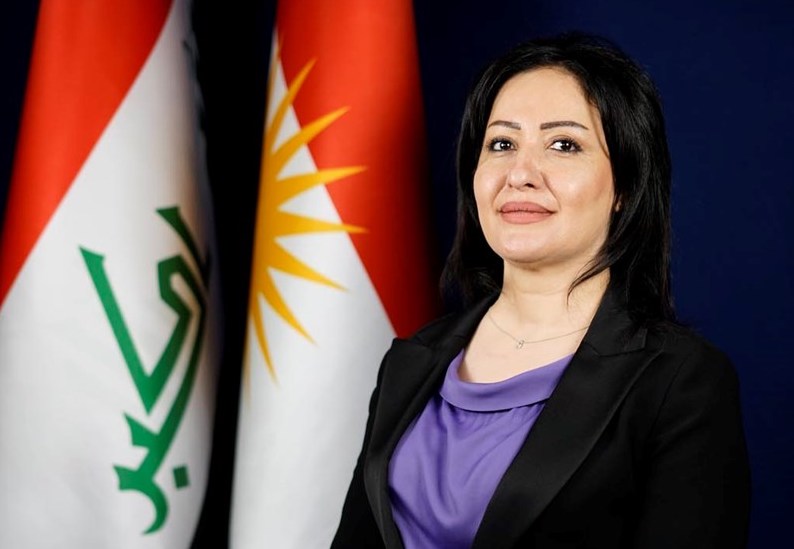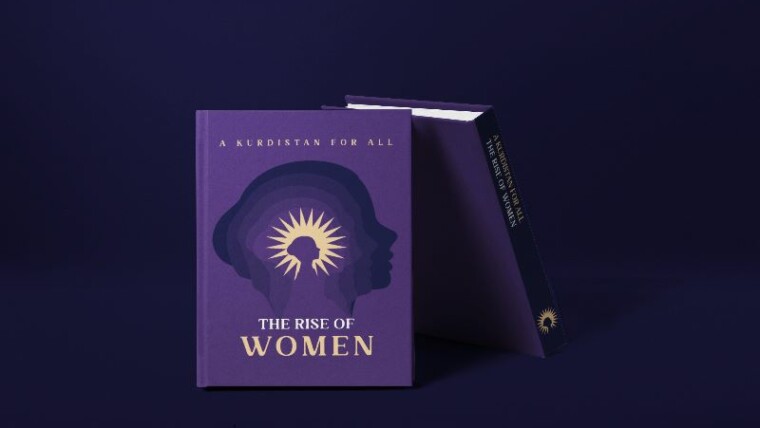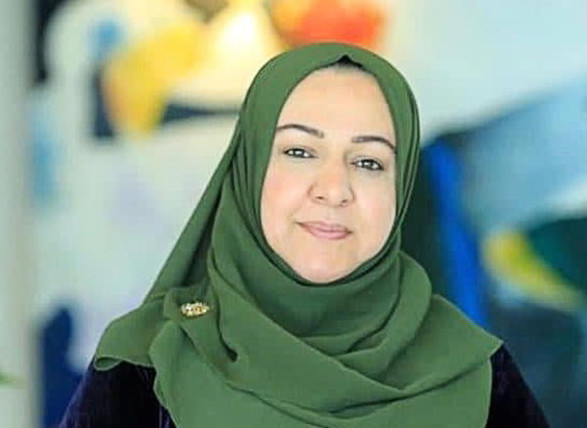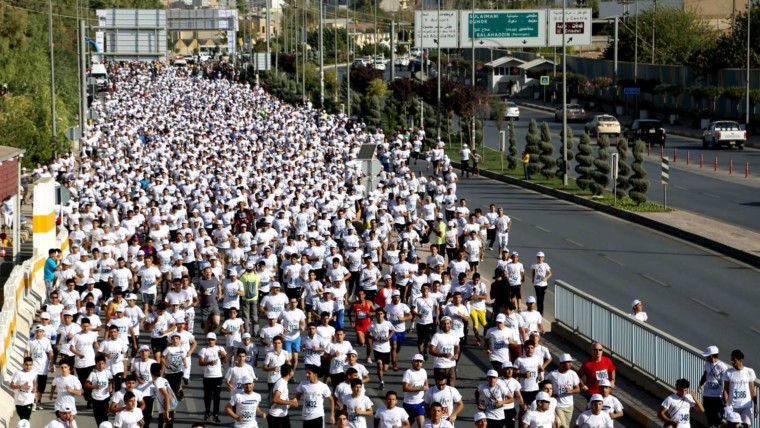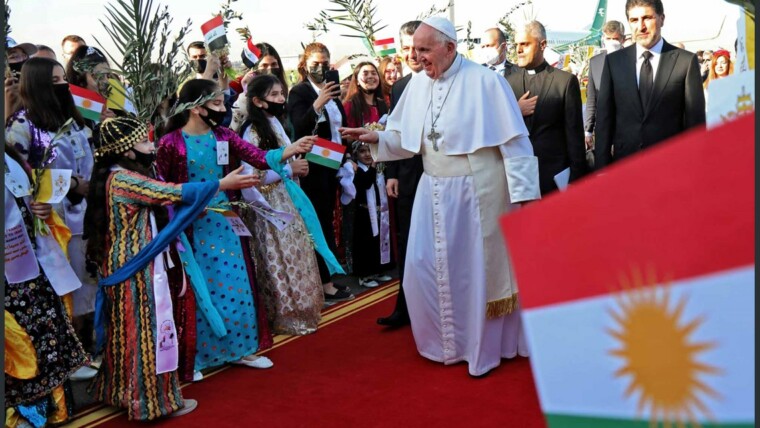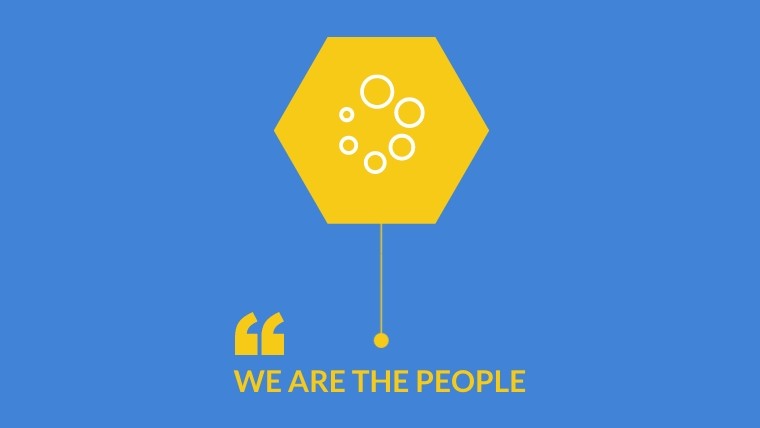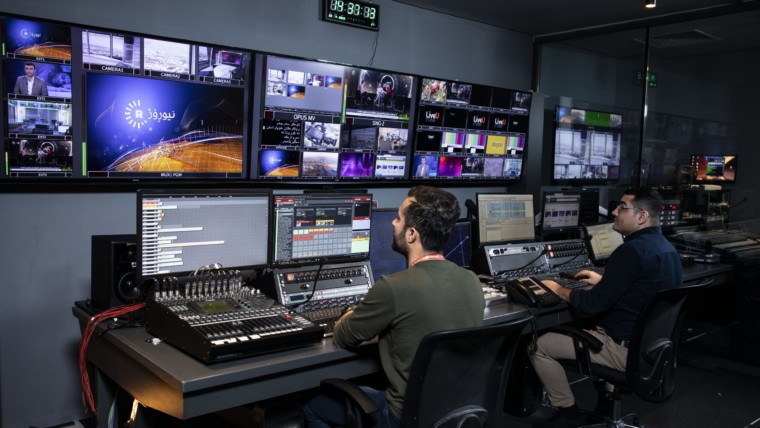Minister of State Vala Fareed Ibrahim on advancing the status of women, and the socioeconomic impact of the development of female education in the Kurdistan Region of Iraq (KRI).
How do you define the role of women in the KRI?
There has been considerable improvement with regard to the role of women in the KRI in the last ten years. Women are gradually becoming involved in Kurdistan’s decision-making in a number of sectors, including politics, business, the academy, legistlation and others.
Women’s rights are protected under the law in the KRI. By law, at least 30 percent of the MPs in the Kurdistan Parliament must be women. Currently, there are three women in the cabinet. Our parliament speaker and one of the deputy speakers are also women.
The status of women in any society is an important indicator of that society’s development, excellence, and coherence.
Vala Fareed Ibrahim, Minister of State
Every society has key pillars that define its route to development. I believe that promoting the role and status of women in society is among the major drivers of social development. Thus, the status of women in any society is an important indicator of that society’s development, excellence, and coherence.
The 9th cabinet of the KRG is a reform cabinet. The KRG is proud of the contribution women make to its development. Women’s empowerment and gender equality are in line with the KRG’s vision for the future. We aim to become an excellent model for how to achieve balance between the roles all members play in society.
Due to the development of education in the KRI, female participation in the workforce is also on the rise. So, we are increasingly partnering with men to contribute to the progress of our nation.
Vala Fareed Ibrahim, Minister of State
To what extent is the education of women a priority in the KRI?
We have made substantial progress in women’s education in the last two decades. Net primary school enrollment has reached more than 96 percent, and the literacy rate for women has reached 82 percent. The number of universities has grown from seven in 2004 to 26 in 2019. There has been a significant increase in education rates for women across all types of academic degrees, including post-graduate studies. In higher education, over 40 percent of the students are women. It means a lot for me to see how young Kurdish girls are now involved in various fields of education. Due to the development of education in the KRI, female participation in the workforce is also on the rise. So, we are increasingly partnering with men to contribute to the progress of our nation.

